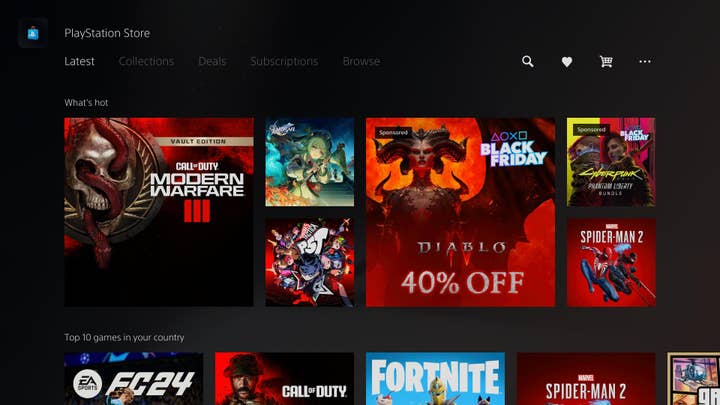California law compels digital storefronts to inform players they don't own their games
Legislation will ensure consumers are aware they are licensing rather than purchasing digital products
A new California state law will compel digital storefronts to tell consumers they don't own their purchases.
Passed on September 24, the legislation covers all digital storefronts, including video games. It will prohibit using terms including "buy" and "purchase" when offering the sale of digital goods unless it clarifies that consumers don't own the item and are licensing it.
This would include providing a "plain language statement" before a transaction with a link to access the terms and conditions of the license, or making consumers aware that a digital game could be removed from their library "if the seller no longer holds the rights to the product."
"In recent years, acquisitions, mergers and lapsed contracts at various media companies have put at risk the digital media that consumers may have believed they owned," said the California Public Interest Research Group.
"In some cases, the media companies have struck last-minute deals to continue providing consumers access to their purchased content until the next merger puts it under threat. In other cases, consumers have entirely lost access to digital content they purchased."
It added: "As retailers continue to pivot away from selling physical media, the need for additional consumer protections on the purchase of digital goods becomes more important."
In December last year, Ubisoft delisted The Crew from all online stores as a result of server infrastructure and licensing constraints.
In the same month, Sony announced it would be removing Discovery TV shows from the PlayStation store due to "licensing arrangements," meaning users could no longer access shows they had purchased.
This decision was reversed following an updated licensing agreement between Sony and Warner Bros.

